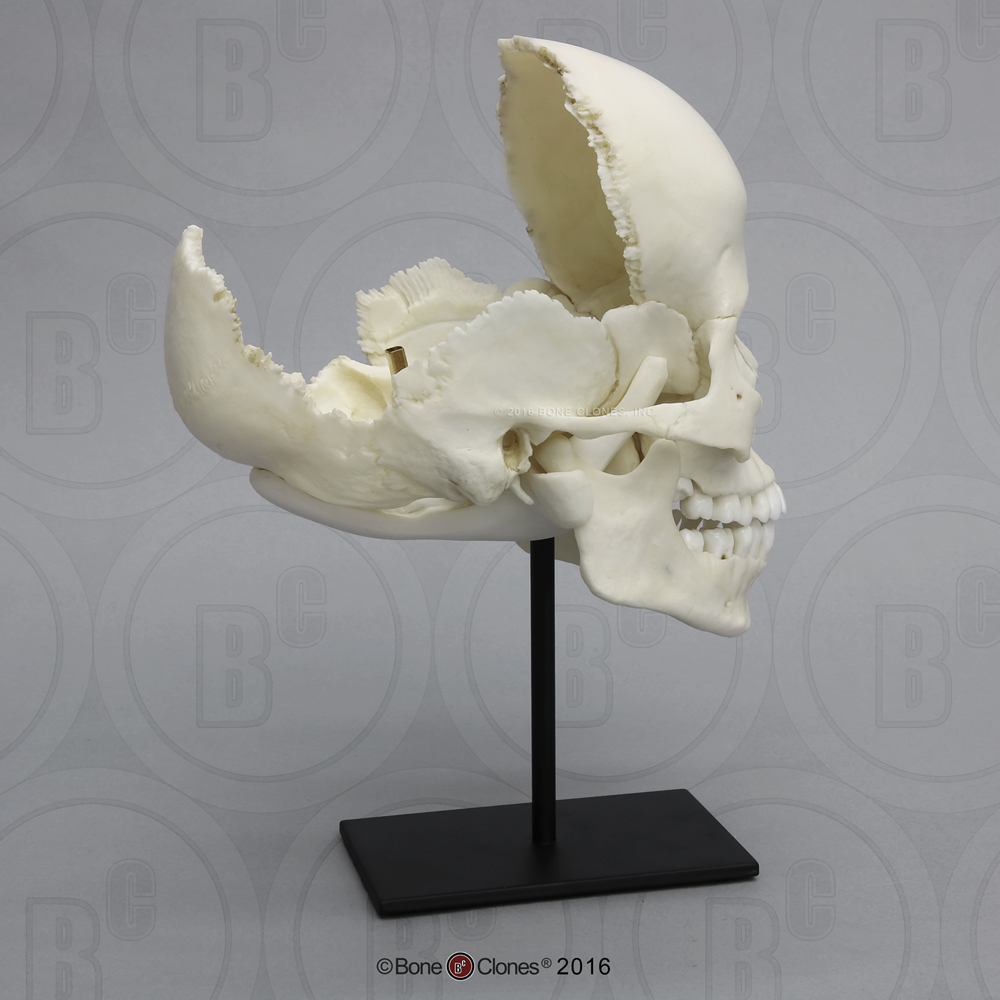

Members no longer consider themselves part of an elite cadre destined to run the world they defensively joke about the old white guys who used to run the society. Bonesmenand Boneswomennow spend much of their time sharing life histories with the group, to better understand one anothers perspective. Skull and Bones now actively seeks out women and minorities white, Anglo-Saxon males have become a minority within the current membership. Like most campus organizations, it has become politically correct. And in future years, Skull and Bones is likely to be far less influential than it has been in the past. But the same could be said of Yalies in general, or Harvard graduates, or other Ivy Leaguers. Its true that Bonesmen have occupied top-tier positions at an impressive array of powerful institutions, like the CIA, the Council on Foreign Relations, Morgan Stanley, the Rockefeller Foundation, and the Federal Reserve. into Vietnambecause Bonesmen like William and McGeorge Bundy held prominent foreign-policy posts during the Kennedy and Johnson years. The society has also been blamed for the Bay of Pigs fiasco and for plunging the U.S. Similarly, several Bonesmen in the FDR administration, including Secretary of War Henry Stimson, were key players in the Manhattan Project from this, some have deduced that the dropping of the atomic bomb was a Bonesmen plot. In fact, Hitlers financier once stashed $3 million in the Union Banking Corp., whose directors included Prescott Bush, father of the first President Bush and a Bonesman himself. Its whispered, for instance, that Skull and Bones helped underwrite Hitlers rise to power. Its this tight web of influence that has fueled a host of conspiracy theories. Five of them, including SEC head William Donaldson, now serve in his administration. He partly bankrolled his first oil company, as well as his run for Texas governor, with loans and donations from fellow Bonesmen. Not exactly, but the Bones has served as one of the nations most effective old-boy networks. Some say a Bonesman, once initiated, is virtually guaranteed wealth and security for life. Bonesmen vow to take care of their brothers after Yale, as they move into positions of wealth and power. Bonesmen refer to nonmembers as barbarians, employ cryptic references to the clubs totemic number of 322, and deliberately leave the room if any barbarian mentions their societys name. The camaraderie is reinforced by weekly meetings and bizarre traditions. It was an opportunity to build friendships with 14 people whom I otherwise wouldnt have come across in college years, one member told Robbins.

At various points they are blindfolded, jostled violently, given a secret oath, and forced to drink blood (some say its Kool-Aid, others Gatorade) from a skull called a Yorick. Eventually, the neophytes kiss the toe of a member dressed as the pope and are dubbed Knights of Eulogia. There, in rooms filled with shabby furniture, stuffed animals, and old engravings, they are met by members dressed as outlandish figures, like the devil and Don Quixote. Initiates are led to the groups unmarked, Greco-Egyptian vault, in New Haven, where the clocks run five minutes fast. But as Alexandra Robbins related in her 2002 book Secrets of the Tomb, the modern-day ceremony is far less dramaticand far more sophomoric. In the 19th century, rumors circulated that initiates were stripped, beaten, and forced to lie in a coffin while relating their sexual history, thus baring their souls to their new comrades. Yes, though for decades it was shrouded in mystery. The Eulogians adopted as their symbol a foreboding deaths-head, and that skull and bones eventually became the societys name. He called it the Eulogian Club, after the Greek goddess of eloquence. Offended that Phi Beta Kappa would succumb to such populist passions, Russell responded by forming an even more secret society with 14 other students. Anti-Masonic sentiment grew so strong, in fact, that Phi Beta Kappa, the national academic honor association, distanced itself by renouncing its own oath of secrecy. But the Masons popularity and power generated a backlash among people who resented their elitism dark rumors arose about the groups secret rituals. At the time, hush-hush fraternal organizations like the Masons were all the rage in the U.S. The group was founded in 1832, by a Yale senior named William Russell.


 0 kommentar(er)
0 kommentar(er)
